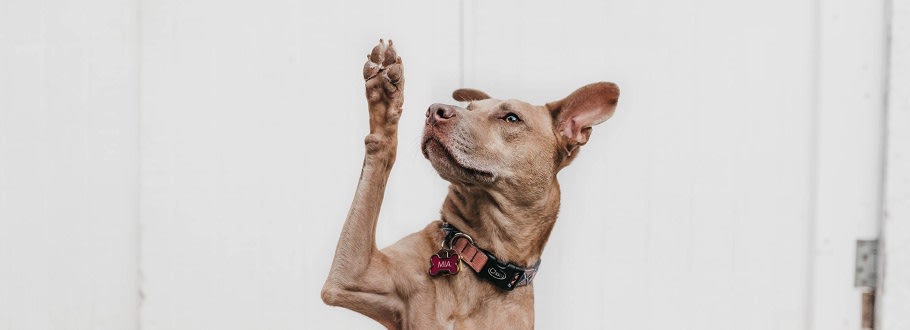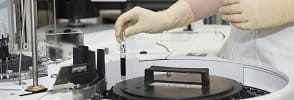10 Simple Questions about PhD Study
Some of the questions you may have about PhD study can seem ‘obvious’, but that doesn’t mean the answers aren’t important. The problem is that they can also be tricky to find and, like me, you may feel nervous asking about them at an interview. So here are some quick answers to a selection of simple – but important – PhD questions.
In the UK at least, PhD research doesn’t typically involve modules with final exams (or coursework). However, don’t think you’ve got off lightly, there will be assessments throughout your PhD:
- Literature review – Before starting your own research you’ll analyse and review relevant scholarship in your field. This isn’t examined as such, but you will need to show that you’ve done the groundwork.
- MPhil upgrade – You’ll normally submit a report, first chapter or thesis sample at the end of your first year as the basis for an upgrade from MPhil to PhD status. This is the first big ‘exam’ you’ll face.
- Presentations / posters – You’ll often find yourself displaying your work to you peers via presentations and poster sessions (these sometimes involve prizes!).
- Final thesis and viva – At the end of your PhD you will submit a thesis detailing all your research, methodology and conclusions. You’ll then defend this in front of assessors in an oral exam called a viva voce.
Other countries like the USA do include more regular coursework and exams – you can read about those in our guides to PhD study abroad.
#2 Is it possible for me to self-fund?
Self-funding has become more achievable, in the UK at least, since the introduction of the doctoral loan, but still tends to be most realistic within arts and humanities. As a scientist, my lab consumable costs are surprisingly high; a weekly order for my lab group costs around £400!
I’m lucky that most of my expenses are covered by funding, but there are opportunities for you to earn money during your PhD: I have worked on open days, university tours and done lab teaching!
#3 Will I have my own desk / lab space?
Your university will usually ensure you have some work space, though you may need to share this. My office gets very crowded, especially when we have Masters students in, but I have always had a computer and storage space.
If you’re a scientist you’ll probably also have a designated lab space; gone are the days of oversharing undergraduate fume cupboards.
#4 Will I get to attend conferences?
It’s normal to attend at least one conference during your PhD. Your supervisor will want you to keep up to date with relevant research; and to present your work opening doors to collaborations.
A quick tip: if you have an opportunity to go on a conference, find a relevant one in an exotic country. Exploring Sardinia in my free-time was a highlight of my PhD!
#5 Are there any restrictions on working alongside a PhD?
UK students are permitted to work alongside their studies; however, it is recommended you check with your supervisor / funding body prior to taking on part-time work.
International students will usually only be able to work a certain number of hours per week in term time – check your visa conditions.
If you do decide to work, try and arrange flexible working hours so you can keep on top of your research and maintain a good working life balance.
#6 What will my supervisor expect of me?
Your supervisor will expect various things of you as a student. The most important will be to complete research ethically to the best of your ability at a good standard.
In more routine terms, you may be expected to deliver progress reports, attend group meetings, complete assessment requirements and hopefully produce data that results in publications.
#7 How long will my PhD take to finish?
The length of a PhD varies. In general full-time students are required to submit their thesis and pass the viva within 4-years. Typically your university will have a minimum amount of time before you can submit, this is usually 2.5 years.
#8 What will my working week be like?
Your working week will be: exciting, brilliant, interesting and flexible – after all you are training to be an independent researcher:
- Working hours: Funded students may be expected to work a typical ‘full-time’ week (around 37.5 hours); if your department is open 24/7 you decide when you work those hours.
- Working days: If you can work out of hours, you can go in any day you want. However, you will not be expected to work weekends.
- Working from home: You may be able to arrange with your supervisor to work from home. This can be the norm for Arts and Humanities students, but it also makes sense for Science students who reading scholarly literature or writing up their work.
Don’t be surprised if you see people working unusual hours; we have nocturnal hamsters in my department, working till 5am!
#9 How much input will I have in the project?
Lots! It is ultimately your project and you must decide the direction it will take. Your supervisor will guide you and the research group you work within may set some practical limits (it’s a littler harder to research Quantum Physics in a wet lab designed for Biosciences), but you’ll have plenty of freedom.
# 10 What other opportunities might I have during my PhD?
You’ll probably have lots of opportunities away from your PhD research that I would recommend taking advantage of (something a bit different for the CV!).
These could include teaching and demonstrating at your university or outreach work in schools or other local organisations. The latter is a personal favourite of mine, as I am very passionate about getting students excited about science.
. . .If you are unsure about anything else to do with doctoral research, do ask your prospective supervisor. They are there to answer your questions; however, in the meantime hopefully this answers a couple of things about PhD study you may have been concerned about.
Our PhD newsletter shares new opportunities, funding news, stories and advice

 Continue with Facebook
Continue with Facebook





